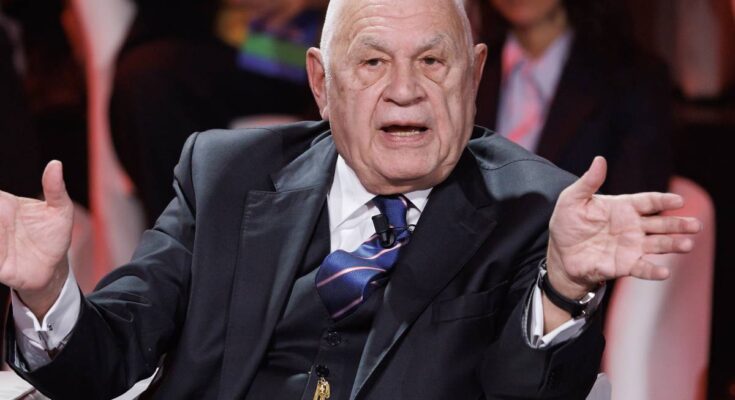From our correspondent in Stresa (Verbania)
The climate is no longer what it was ten years ago. In Stresa, at the Europa Initiative Foundation forum, a survey regarding the next referendum arrived. “The yes vote – explains Luca Ferlaino, president of SocialCom – according to our findings is ahead 53 to 47”. Clean hands were still far away and Carlo Nordio, who was present in the room, almost corrected him: “The gap could get wider, there is definitely a climate of optimism and we will reach the end”. “Of course – added Ferlaino – the result will also depend on the percentage of those who voted. If only 20 percent come to the polls, then the no vote in the referendum will win.
Career separation is just one step away from the final goal: having received approval in Parliament, we now wait for it to go to the polls. And the government’s idea is to act quickly. There is no point in pressing ahead amidst exhausting discussions and exhausting controversies. Therefore, between one session and another in the event promoted by Michele Vietti, former vice president of the CSM, and by the lawyer Giuseppina Ribinetti, a faux pas almost disguised itself as an official leak: the Italian people will go to vote on Sunday March 1st. Not in April, as some thought, but about a month before. At most, but this is a residual hypothesis, the only alternative date is March 8th.
Nordio and Meloni want to run, because it is useless, even counterproductive, to get lost in the bickering and clashes with the ANM that is aligning Secretary Rocco Maruotti and former President Edmondo Bruti Liberati in the Stresa parterre.
Nordio, interviewed by Tg1 director Gian Marco Chiocci, was clear: “There is a danger that this referendum will turn into some kind of violent political conflict between the judiciary and politics itself and the biggest risk is that the judiciary joins the political parties against the government.”
For Nordio, the consequences of this stance could be very serious: “If they are defeated in the referendum, the judiciary will suffer a political defeat and political defeat will never be painless. My request is for the judiciary to engage in a vigorous and robust debate while maintaining a technical legal framework.”
A clip of the interview given by Luca Palamara to Giovanni Minoli for Radio1 Rai circulated in the room and the minister did not shy away from the topic: “It is a bomb that can explode, but it is a bomb whose existence we already know. Talking about the sixty thousand chats (pages, ed.) that remain buried with dust hidden during this investigation, hearing that there was a real conspiracy on the part of the judiciary against the then prime minister, I repeat, he said it, not me.”
The reference is in the period 2008 -2011, with Silvio Berlusconi at Palazzo Chigi. Will there be more dialogue regarding the power of the cloak? It is difficult to imagine that there are any preserved messages, if they exist at all, and are dated in time. But of course the Palamara system narrative is waiting for an update. And more changes could be on the way.
Meanwhile, the referendum campaign begins. And the yes group does not want to fall into the trap of conflict radicalization.
But even a focus on the legal dimension can alienate citizens and encourage them to stay home. Between boredom and disinterest. The next few weeks, as they appear in Stresa, will be a decisive moment in finding a dialogue with public opinion.



